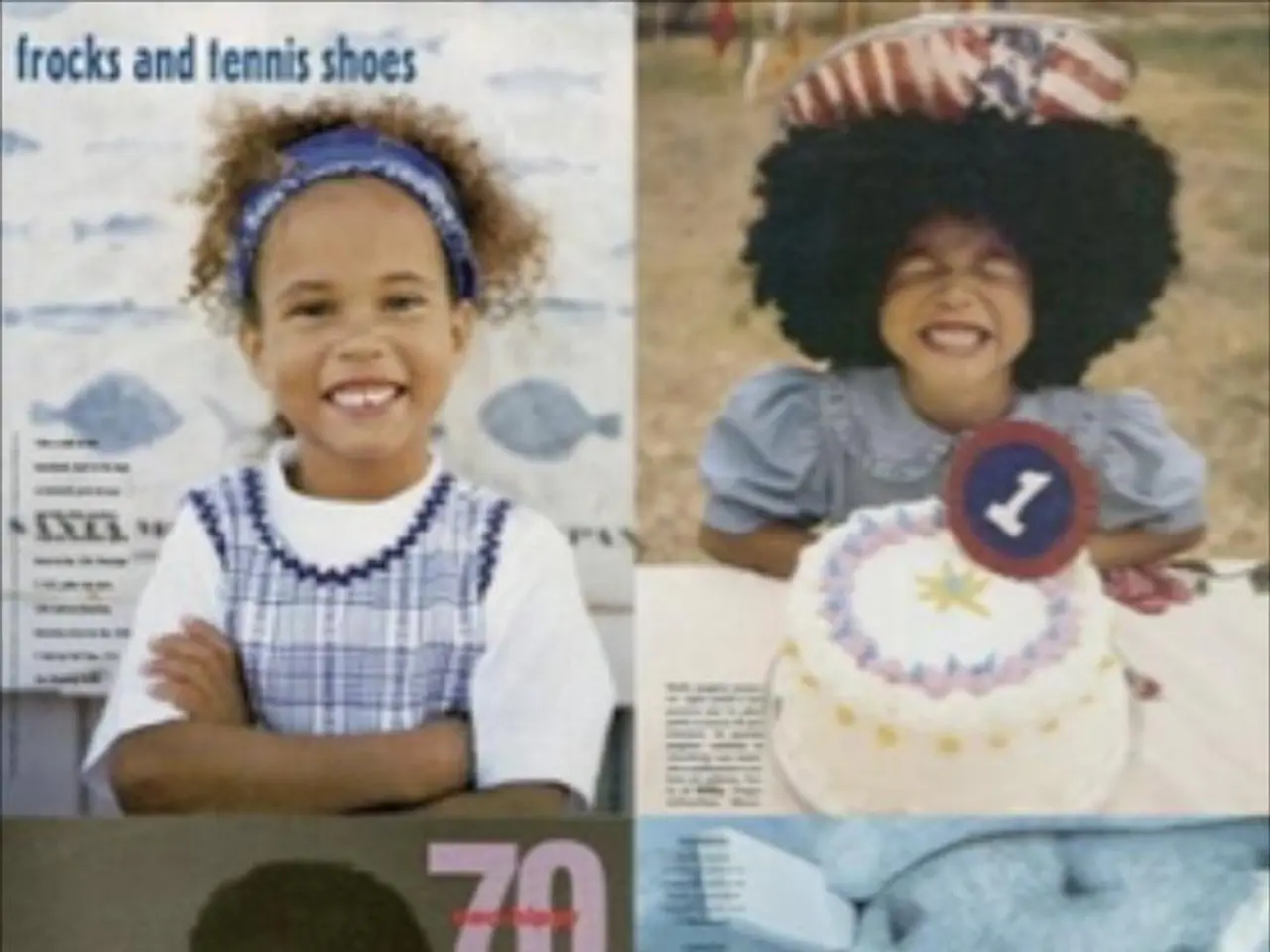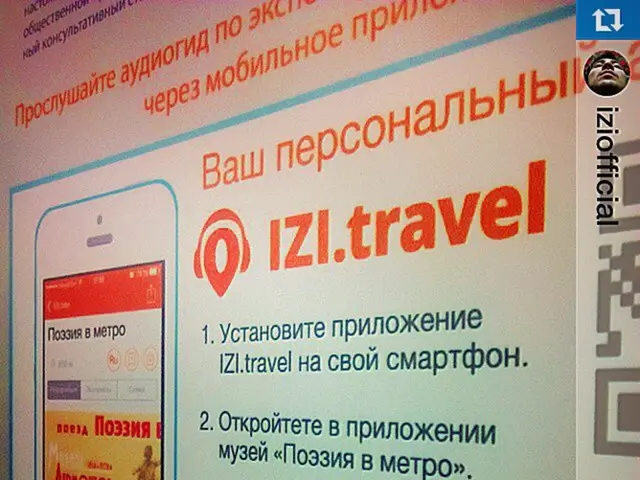States Act to Protect Child Influencers' Rights and Wellbeing
States across the United States are taking action to safeguard the interests of child influencers and content creators. New laws aim to protect minors in the digital world, following high-profile cases of abuse and exploitation exposed in shows like Hulu's 'Devil in the Family' and Netflix's 'Bad Influence'.
The definition of work has expanded to include influencer careers, with many minors supporting their families financially. To tackle this, states are implementing measures such as easy-to-use privacy settings, family consent, and effective laws. Illinois led the way in 2023 with SB 1782, updating child labor laws to recognize vlogging as work. This bill requires documentation and sets up a trust fund for minors. Minnesota, Montana, California, and Utah have since passed similar laws, each with its own requirements and clauses.
Marissa Edmund, State Policy Lead at the Family Online Safety Institute (FOSI), whose members include leading tech and social media companies, welcomes these changes. The United States already has child labor laws protecting minors and implementing financial protections for child actors. Utah's HB322, for instance, mandates compensation for minors only if their parent has generated at least $150,000 in revenue. However, sharing a minor's content can also impact their emotional wellbeing, raising questions about consent and pressure to post.
These new laws mark a significant step in protecting child influencers' economic interests and wellbeing. They aim to ensure minors are treated fairly and safely in the digital world, setting a precedent for other states and industries to follow.







